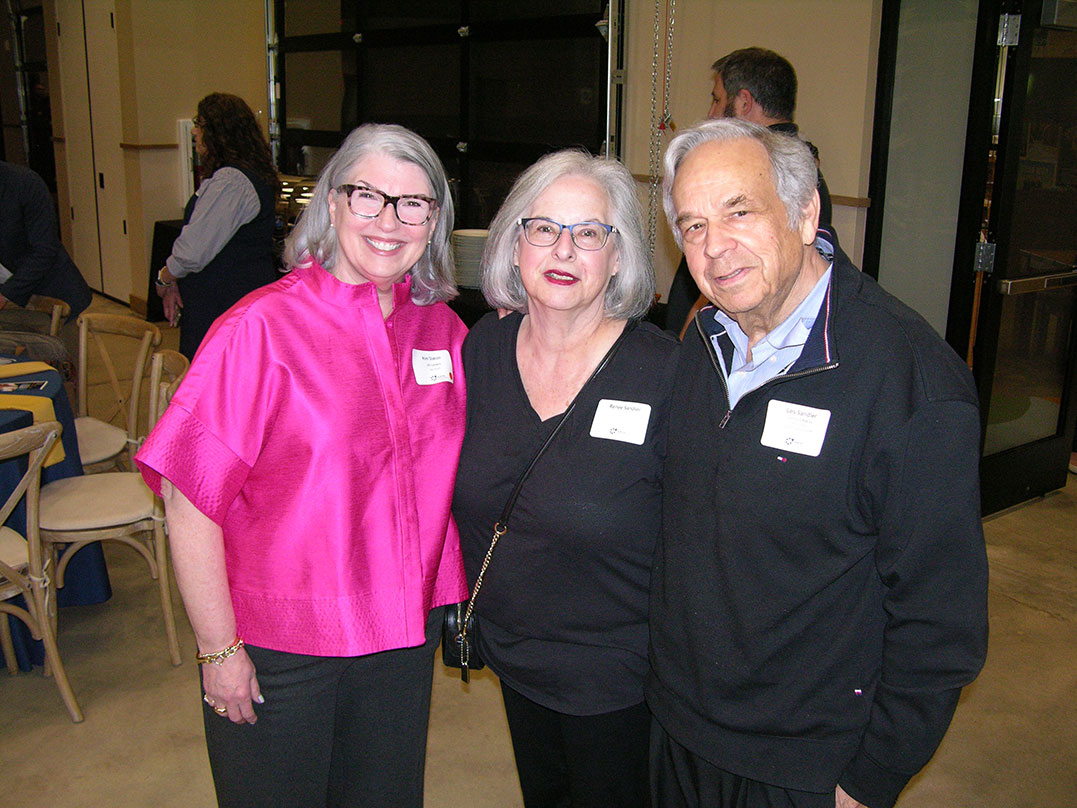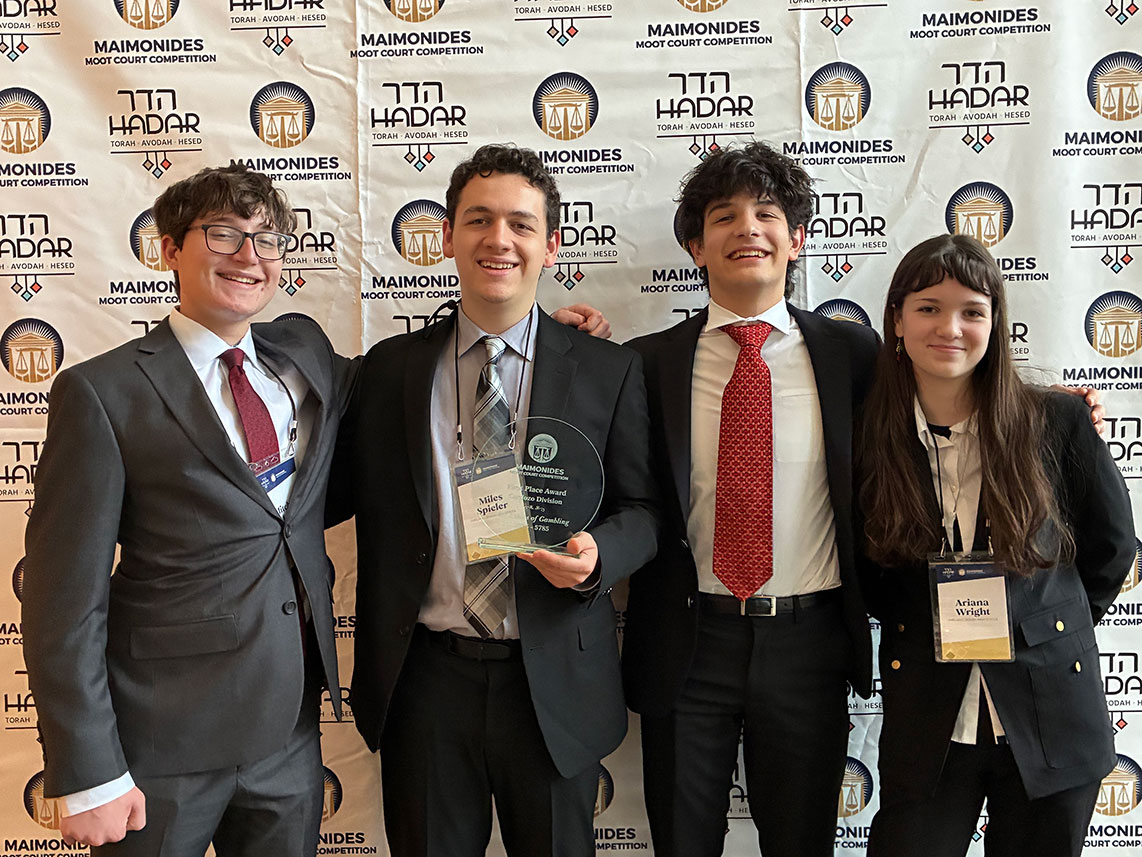By Dr. Gary Smith
Guest Columnist
As life in America gets more and more complicated, there is a serious crisis in our lives, more specifically Jewish life. Almost every family is exposed to someone in their household to a variety of mental and physical disabilities. It is our goal to help raise awareness, provide support and let our Jewish community know that no one needs to be alone. We have many resources of awareness raising and support.
February is Jewish Disabilities Awareness, Acceptance and Inclusion Month. Not all disabilities are the same. This includes physical disabilities such as loss of a limb, cancer patients and wheelchair bound individuals. Included in JDAAIM are mental illness disabilities, such as intellectual, developmental and behavioral illnesses. Eighty-eight percent of families have one or more people in them with some form of mental disability including loneliness, depression, addiction and suicide. There are also invisible disabilities such as migraines, ADHD and irritable bowel syndrome. As a community we can make a difference. Centering programs for those in need is imperative, including programs that JNF and our Jewish Family Service have provided. These are extraordinary programs that do not get full use by the community. In Judaism, there is somewhat of a family stigma. Articles like this and many others in the future can build awareness and not only save lives but integrate people with these disabilities to productive and important members of our community.
Let’s spend a few minutes discussing disability and its meaning. This may help many of us understand the value of words and actions to the someone disabled. What does the word DISABLE mean to you? How can you use the word without a negative connotation? You would want to use the term “a person with a disability” rather than “a disabled person.” Their impairments may relate to a specific function, and not to the whole person. Each of us and all of us have different abilities. It’s another way of doing things. An example is using the term “accessible parking” and not “handicap parking.” We need to be aware of micro-aggressions. I once heard someone say to someone in a wheelchair “you shouldn’t be having children.” We need to advocate for Disability Rights, not only in the public sphere but also in our community, temples, schools.
The Americans With Disability Act (ADA) states “the equal access of people with disabilities to employment opportunities and to public education” and “prohibits discrimination on the basis of disability.”
What value does only one month of community awareness do to help this burgeoning crisis?
Because of our society being more and more difficult to navigate, the growing crisis of mental illness as well as physical disabilities is growing faster than our communities can keep up with. I am challenging our community to be at the forefront of the solution. With the help and expertise of JNF and Jewish Family Service (counseling center), it is our hope that we as a community can have a column in The Israelite written by community members to impact disability awareness and leave no one behind in a successful outcome. Everyone should have a chance for a productive and healthy life.




